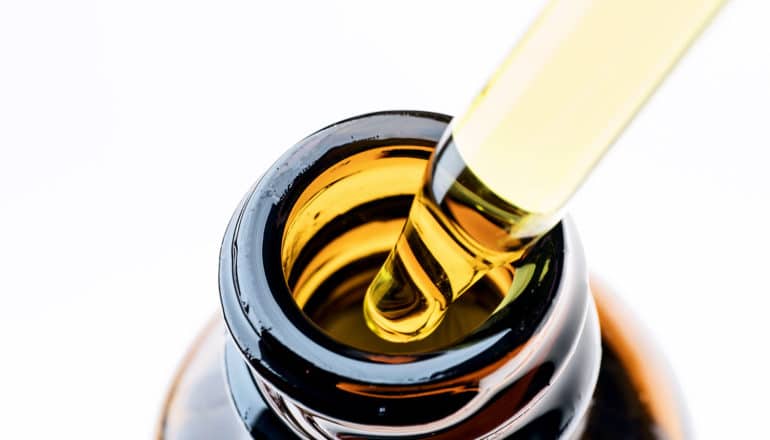Could synthetic CBD treat seizures?

A synthetic, non-intoxicating analogue of cannabidiol can effectively treat seizures, according to new research with rats.
The synthetic CBD alternative is easier to purify than a plant extract, eliminates the need to use agricultural land for hemp cultivation, and could avoid legal complications with cannabis-related products.
“It’s a much safer drug than CBD, with no abuse potential and doesn’t require the cultivation of hemp,” says Mark Mascal, professor in the chemistry department at the University of California, Davis.
“Unlike CBD, there is no way to convert H2CBD to intoxicating THC.”
Products containing CBD have recently become popular for their supposed health effects and because the compound does not cause a high. CBD is also being investigated as a pharmaceutical compound for conditions including anxiety, epilepsy, glaucoma, and arthritis.
But because it comes from extracts of cannabis or hemp plants, CBD poses legal problems in some states and under federal law. It is also possible to chemically convert CBD to tetrahydrocannabinol (THC), the intoxicating compound in marijuana.
8,9-Dihydrocannabidiol (H2CBD) is a synthetic molecule with a similar structure to CBD. Mascal’s laboratory developed a simple method to inexpensively synthesize H2CBD from commercially available chemicals.
“Unlike CBD, there is no way to convert H2CBD to intoxicating THC,” he says.
One important medical use of cannabis and CBD is in treatment of epilepsy. The US Food and Drug Administration has approved an extract of herbal CBD for treating some seizure conditions and there is also strong evidence from animal studies.
The researchers tested synthetic H2CBD against herbal CBD in rats with induced seizures. Researchers found H2CBD and CBD equally effective for the reduction of both the frequency and severity of seizures.
Mascal is working with colleagues to carry out more studies in animals with a goal of moving into clinical trials soon. UC Davis has applied for a provisional patent on anti-seizure use of H2CBD and its analogues, and Mascal has founded a company, Syncanica, to continue development.
The work appears in the journal Scientific Reports. Additional coauthors are from UC Davis and the University of Reading.
Source: UC Davis
The post Could synthetic CBD treat seizures? appeared first on Futurity.
Contributer : Futurity http://bit.ly/2YWswWk














No comments:
Post a Comment